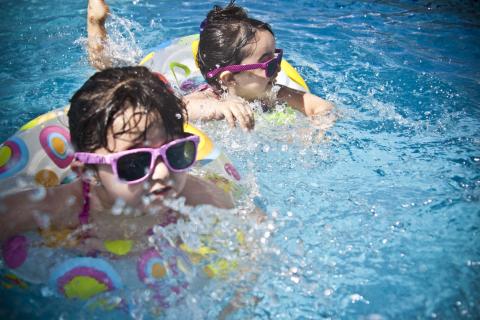
- As a part of the recreational sports spectrum, the ability to swim is a basic right for everyone.
- During a child’s time at school, our school system provides each student the opportunity to learn various forms of sport; no other sport can save a person’s life throughout their entire life.
- The time to learn to swim is early in each person’s life since child drowning is an ever-present threat. Bodies of water are literally everywhere so this life-skill is a necessity, just like wearing seat belts while traveling in a car!
- Throughout every person’s life, there will be frequent occasions where water in some form will be nearby. Accidents of this type happen daily. Swimming is a life-skill that once learned, is never forgotten.
- Giving children this basic life skill is a responsibility, not an option.
- New Zealand has bodies of water everywhere; in addition, there are a large amount of backyard pools in NZ. While there are all types of regulations requiring barriers to entry, none of them are fool proof.
- The only secure way of minimising accidental drownings in the 0-4 age group is by preventative measures, not mechanical devices or barriers which can provide a false sense of security.
- It would be rare for an accidental drowning to occur when the child or adult already knows how to swim and has competent water safety knowledge.
- Aquatic exercise for people of all ages and abilities generally is not an option unless the person has basic swim skills.
- Swimming is a fun, healthy form of exercise and is a family-style form of sharing happiness together!
DEFINITION OF SWIMMING: “To be as comfortable and to move as easily in deep water as on land.”

